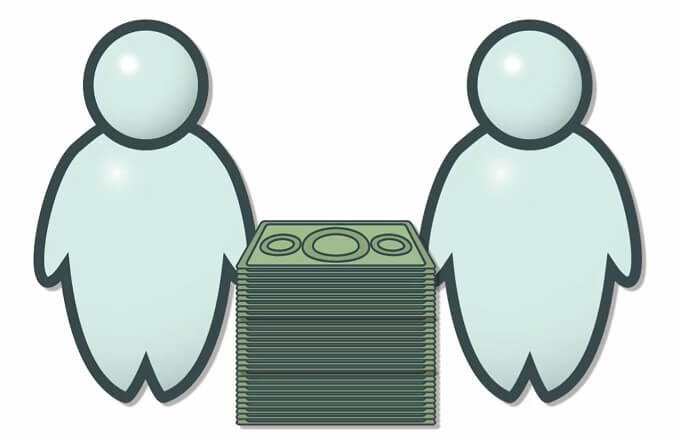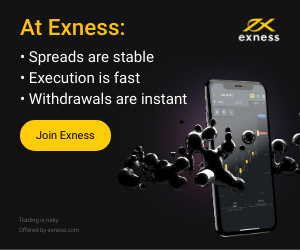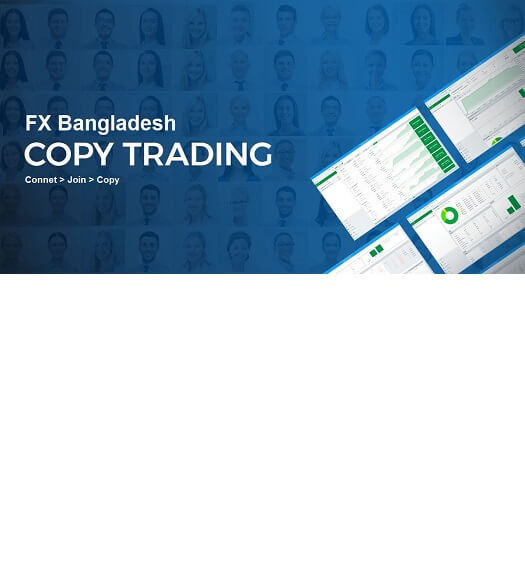A counterparty is an opposite party in a financial transaction. This means that both parties in a transaction can be referred to as a counterparty.
Entering into a contract with a counterparty generates what is known as counterparty credit risk.
Credit risk is the possibility that the counterparty to a transaction may not be able to fulfill their obligations in order to complete the transaction successfully.
One of the most common counterparty risks is payment default, which is the inability to pay outstanding amounts when due.
This risk is often eliminated by using a Central Counterparty Clearing House.
This third-party intermediary assumes the credit risk of both counterparties and identifies what is needed from each counterparty for the successful completion of the transaction.
For example, as counterparties, the purchaser and supplier of a product, are often unknown to each other, a clearing house can be essential to greatly reduce counterparty risk.
If you liked this article, then please subscribe to our Newsletter Services for Forex Related updates. You can also find us on Facebook and can subscribe to our YouTube channel. You can also join our Telegram Channel for real-time trading analysis and discussion. Here is our service sitemap. If you have any confusion please leave your comments below.
































